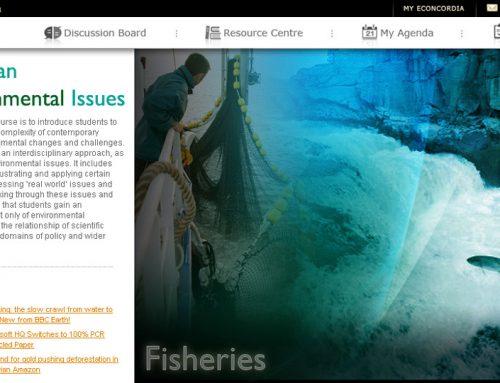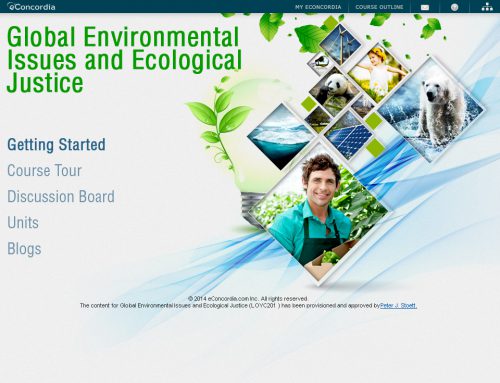Project Description
We live in a complex and dynamic world. Many problems we face today involve interdependent structures, multiple actors, and are at least partly the result of past actions. Such problems are extremely difficult to tackle and conventional solutions have very often led to unintended consequences.
A systems thinking approach focuses on systems as a whole: how the parts interrelate and how interconnections create emerging patterns. Systems thinking tools allow us to map and explore dynamic complexity. With a better understanding of systems, we can identify leverage points that lead to desired outcomes and avoid unintended consequences. Environmental problems are often described as “wicked problems” to highlight their complexity and the difficulties they entail. Finding answers to current crises such as fisheries collapse, climate change, biodiversity loss, infectious diseases, and inequitable access to resources will be among the greatest challenges of our time. The ecosystem approach applies systems thinking to gain a better understanding of how ecosystems function. It can help us identify potential solutions to a myriad of problems inspired in part by the complex dynamics of ecosystems themselves.



